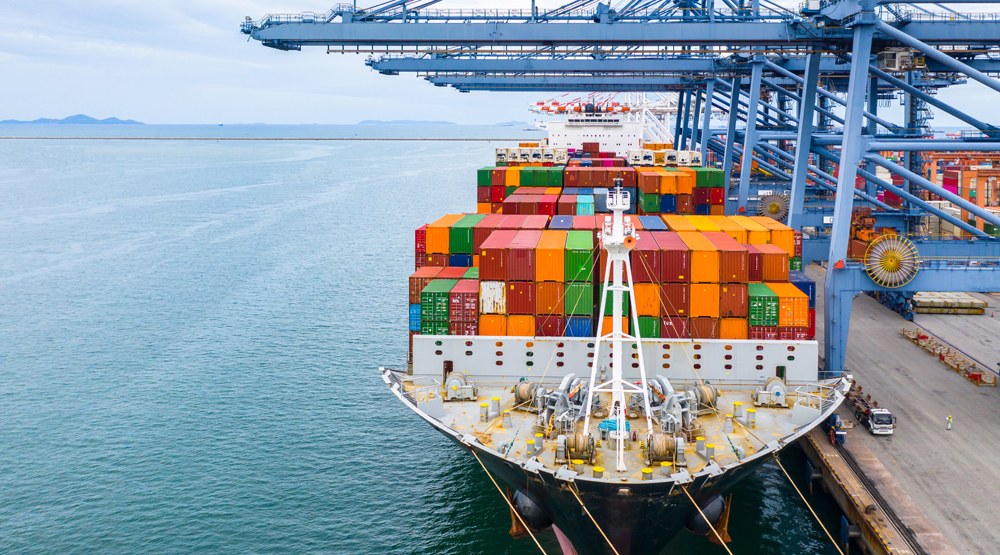Many companies use insurance to manage risks, such as fire insurance and business insurance. You have to consider the insurance you take out for overseas business. We summarized the outline of trade insurance such as loan insurance.
目次
What are the risks you should be prepared for when you go overseas?
Many companies are expanding their businesses overseas against the backdrop of declining domestic demand. The risks inherent in overseas operations must be taken into account when starting overseas operations. Let’s look at some typical risks.
country risk
Country risk is the risk that a company will be affected by changes in the country’s politics and circumstances. There are many developing countries whose political foundations are not stable. The treatment of foreign companies and the law may be changed by the change of government.
There are also dangers such as riots and local buildings and staff getting involved in trouble. If anti-Japanese sentiment intensifies, local companies may suffer from riots. As a result of political instability, we must also assume the possibility of an economic collapse, such as the default of government bonds or the collapse of the bubble economy.
Security Risk
Companies must also give full consideration to the safety of their employees. Employees and their families could be at risk if they are involved in local crimes such as terrorism and kidnapping. Natural disasters are also one of the risks. People tend to think that natural disasters are inevitable, but if the disaster prevention infrastructure is in place, we can take measures to some extent. It is essential to secure the infrastructure and security of the employee’s residential area.
Operational Risk
There are cases where it is difficult to determine whether a company can develop business as a company unless it is in the local area. Another type of operational risk is the difficulty of procuring raw materials and securing personnel. In addition, there may be problems in doing business overseas, such as not being able to adapt to local customs and not being able to do business by law.
What is Trade Insurance?

Trade insurance is one of the countermeasures against the risks that companies face when expanding overseas. If the other party of the transaction is overseas, the payment of insurance premium may become huge. It may be difficult for private insurance companies to underwrite the insurance which costs too much.
As a measure to promote overseas expansion and investment, many countries have trade insurance systems run by government agencies. In Japan, too, the Ministry of International Trade and Industry has directly operated it since 1950. In line with the reorganization of central government ministries and agencies, Nippon Export and Investment Insurance Co., Ltd., in which the government holds a 100% stake, is the primary beneficiary for the management of these facilities.
Trade insurance is sometimes confused with marine insurance. Marine insurance is insurance for goods such as export cargos. It can cover losses such as a ship sinking, a container being damaged and flooded, or a cargo not being delivered. On the other hand, trade insurance is insurance for transactions. We cover losses from transactions where shipments cannot be shipped or payments are not settled.
Trade insurance offers various types of insurance depending on the type of transaction. For example, if you are a company that has just started doing business overseas, or you only want to insure high-risk transactions, you should use trade general insurance.
On the other hand, if you plan to continue doing business overseas in the future, consider applying blanket insurance to all overseas transactions. There are insurance policies that are flexible in dealing with various types of transactions, so you should check what kind of transactions you can deal with when you sign a contract.
Also, you can only insure overseas transactions. Trade insurance is also available for non-goods exports, services and intellectual property. Typical examples are license agreements related to patent rights and copyrights.
There are also insurance policies that cover imports, overseas investments, and loans, so choose the one that is appropriate for your type of overseas expansion.
What is Loan Insurance?
Loan insurance is trade insurance for people who want to insure their investments and loans. Loan insurance secures the funds necessary for overseas business against risks such as loans. For example, in cases where guarantees are provided for overseas investments or loans to overseas corporations in order to expand overseas, the principal and interest of the loan may not be redeemable due to local problems or credit risks. It is an insurance to cover the loss caused by such troubles and the loss caused by the performance of guarantee obligations.
Loan insurance is used to provide loans to foreign governments or companies for projects that contribute to economic development, or to purchase bonds issued by foreign companies to finance their businesses. In addition, loans and bonds may not be redeemed in cases of force majeure, such as wars, revolutions and bans on foreign exchange, or due to the bankruptcy of the borrower. In such a case, you can manage risks with loan insurance.
Some companies that are going to expand their business overseas may take the form of investment in overseas corporations. You should choose a suitable insurance when you go abroad.
Summary
There are many risks associated with expanding overseas depending on the country and business. Depending on the trouble that occurred, big damage may occur. Use trade insurance to control your risk.



